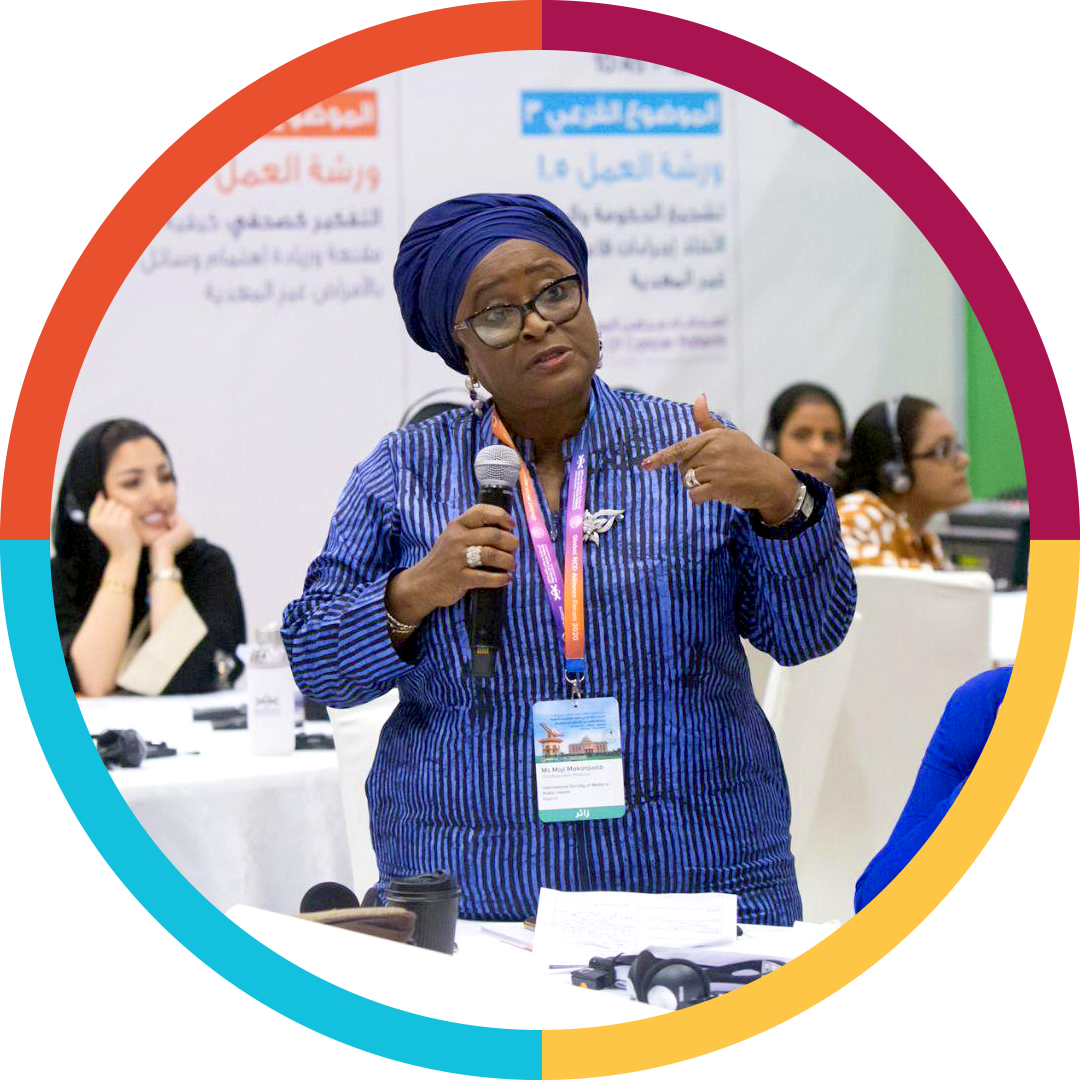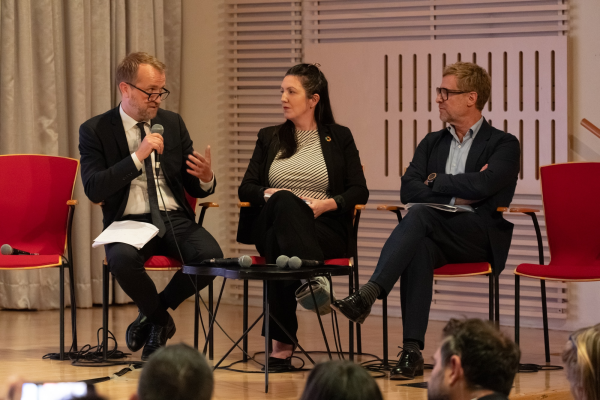New York — With global health leaders warning that progress on noncommunicable diseases (NCDs) and mental health is still far off track, the Fourth Multistakeholder Gathering convened on the sidelines of UNGA80 to push for practical solutions. Hosted on the first day of the high-level debate, the evening brought together ministers, civil society advocates, academics, and private sector representatives to debate how to lock in multisectoral governance and make NCD responses more inclusive and evidence-driven.
Organised by the NCD Alliance and co-sponsored by the Ministry of Health of Brazil, the World Diabetes Foundation, and the WHO Global Coordination Mechanism on NCDs, with financial support from Viatris, the event featured case studies from Ghana, Tanzania, Brazil, and Kenya alongside reflections from WHO and regional institutions such as the Africa CDC.
The central message was clear: turning the commitments of the HLM4 Political Declaration into action will require sustained political leadership, smarter use of data, and narratives that resonate across society.
Hon. Dr. Kwabena Mintah Akandoh, Minister of Health of Ghana, underscored how ministries of health must take a convening role to align finance, education, and environment portfolios behind NCD and mental health goals.
“Health Ministries cannot solve this crisis alone. It requires a multisectoral effort. Every ministry, every sector, every community must be part of the solution”, said Hon. Dr. Kwabena Mintah Akandoh.
Setting the tone
Moderator Mark Schoeberl, Executive Vice President of Advocacy at the American Heart Association, opened the session by emphasising the need for coherence and accountability across sectors.
WHO’s Dr. Dévora Kestel, Director for NCDs and Mental Health, introduced three new Issue Briefs developed with global partners:
- Institutionalising multisectoral governance;
- Advancing evidence-informed action through data sharing;
- Building narratives that drive cross-sectoral collaboration.
“Real progress requires action beyond the health sector, all sectors have a role to play. We must now shift from recognition to sustained action”, said Kestel.
Governance and accountability
The first panel, moderated by Johanna Ralston, CEO of the World Obesity Federation, looked at how to institutionalise multisectoral governance. Dr. Omary Ubuguyu (Tanzania) shared how placing NCD coordination under the Prime Minister’s Office advanced cross-government collaboration, though challenges remain in sustaining budgets and monitoring.
Alan Donnelly (Convenor of the G20 & G7 Health and Development Partnership) stressed the role of legislators in institutionalising multisectoral approaches.
From a lived-experience perspective, Maria O’Brien (Founder of Mindwise Project, Trinidad & Tobago) called for mechanisms that ensure people living with NCDs and mental health conditions are systematically and meaningfully engaged in policymaking.
The discussion also featured Dr. Abdulaziz Mohammed, Head of Division, Disease Control and Prevention at Africa CDC, who outlined how the African Union is leveraging governance systems and surveillance to strengthen multisectoral responses.
Evidence to action
The second panel, led by Prof. Anushka Patel (The George Institute for Global Health), focused on data and evidence-sharing.
Letícia de Oliveira Cardoso, Director of the Department of Epidemiological Analysis and Surveillance of Non-Communicable Diseases, of the Secretariat of Health and Environmental Surveillance, Brazil; highlighted how her country is using fiscal and health data to drive health tax reforms. Prof. David Halpin (GOLD) explained how diverse data sources—air quality, tobacco use, taxation—are critical for tackling COPD and asthma.
Dr. Mark Barone, Founder and General Manager of ForumCCNTs, Brazil, urged recognition of lived experience as evidence. “People with live experience must be engaged as expert interpretating data, their unique perspectives are essential to shape policies”.
Tamara Schudel, Vice President and Head of Global Policy at Roche, highlighted the role of private sector generating scalable data, and signalled that multistakeholder partnerships are key to interpret data and make it useful for decision-makers.
Building compelling narratives
In the final panel, moderated by Liz Arnanz (Policy and Advocacy Manager, NCD Alliance), panellists turned to the role of messaging. Dr. Gladwell Gathecha (Ag. Head of the Division of Non-Communicable Diseases at the Ministry of Health, Kenya) described how framing NCDs as an economic and development issue has secured political support. Enzo Bondioni, Executve Director of FDI World Dental Federation, shared examples of oral health advocacy driving global recognition.
Dr. Malik Abdul, Co-Founder of Maldives NCD Alliance, Co-Founder of the Cancer Society of the Maldives, lived experience of Mental Health, spoke about the power of personal stories in tackling stigma, while Joris van Vugt (Head of External Medical Affairs and Patient Engagement at Viatris, illustrated how private-sector initiatives like the NCD Academy contribute to workforce development.
In conclusion, participants agreed on the urgent need for stronger multistakeholder approaches. Since many of the root causes and consequences of NCDs lie outside the health sector, governance and public policies must be better coordinated and coherent across finance, trade, social affairs, economic development, treasury, technology, education, and other sectors.
For more information on multisectoral and multistakeholder action on NCDs, visit the WHO Knowledge Action Portal.

 RA
RA

